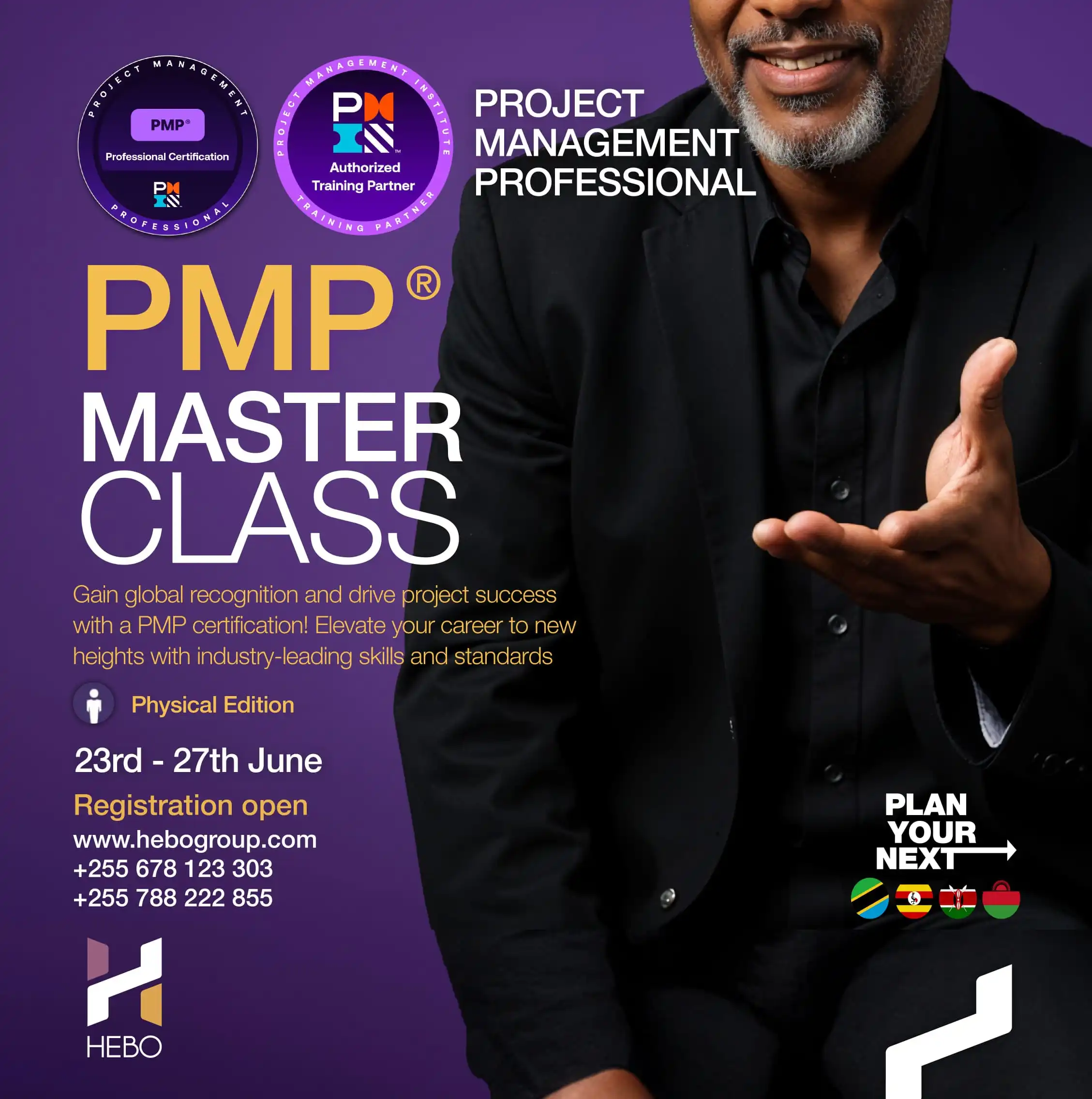What is value? By basic definitions, “value is the worth or usefulness of something. It is the benefit derived relative to the cost or effort invested”. In the context of projects, the Project Management Institute (PMI) offers a more nuanced definition.
According to PMI’s 2024 research initiative, value goes beyond traditional metrics such as time, budget, and scope. Instead, it focuses on the real-world impact a project has on those it serves. This shift reflects the increasing recognition that value creation, rather than just project completion, should be the core of project management.
In most organizations, greater attention is given to completing project-related tasks as opposed to maximizing the usefulness of the undertaking. Much has been written about the colossal losses due to this approach. The famous Nsanje World Inland Port in Nsanje may well fall into this category.

On the other end of the spectrum are projects which proved worthwhile and whose results were highly beneficial. An example of this is the Sitolo mini grid solar system which brought electricity to homes and businesses in the remote village of Sitolo and empowered many people with livelihoods while reducing environmental degradation from deforestation for charcoal production.
In between the two aforementioned projects are those projects which were undertaken as part of a larger undertaken but are yet to demonstrate their maximum usefulness. The recent news that Malawi has secured additional funding from the World Bank to scale up energy generation is therefore welcome, considering that the US-funded energy sector Millennium Challenge Compact completed in 2018 already laid the foundation for increased energy transmission in Malawi.
To ensure that value creation is at the heart of projects, several key changes are required.
The first step is a collective acceptance of value creation as the primary goal. This means reframing project success metrics to focus on benefits delivered to stakeholders, not just operational efficiency. Projects must begin with the question, “Who will benefit, and how?” The question may be extended to consider how the benefits may be sustained well into the future.

The second step, execution, involves adopting an approach and leadership style that prioritizes value. This requires project leaders to direct, inspire, and guide their teams toward outcomes that truly matter. Leadership must remain flexible and open to pivoting strategies when new value opportunities emerge.
Rushing into projects without thorough research risks delivering outputs that may not yield significant value. Taking time to understand the context, stakeholders, and long-term implications ensures that projects are designed to create real benefits. Even while a project is in progress, continuous validation of its goals is essential. Teams must regularly ask, “Is this effort still worthwhile?”
Adjusting course based on these evaluations can safeguard against wasted resources and ensure alignment with the value proposition. This again calls for boldness and decisiveness by project leaders.
Projects are not merely about execution—they are about impact and results. To realize this, focusing must not be just on what is delivered but on how it transforms lives, industries, and communities in sustainable ways. Leadership must champion this shift, by embracing flexibility, conducting ongoing validation, and responding to emerging opportunities.
In the end, the real measure of a project’s success is not how fast or cheaply it is delivered but the lasting difference it makes. The question for every project manager is this: Are we building something that truly matters?

About HEBO Consult
HEBO Consult is a leading training and consultancy firm specializing in project management and a variety of other disciplines. With operations in Tanzania, Uganda, and Malawi, HEBO Consult serves a wide range of professionals and organizations, helping them to achieve operational excellence and strategic objectives through expert-led training, consultancy and advisory services.
